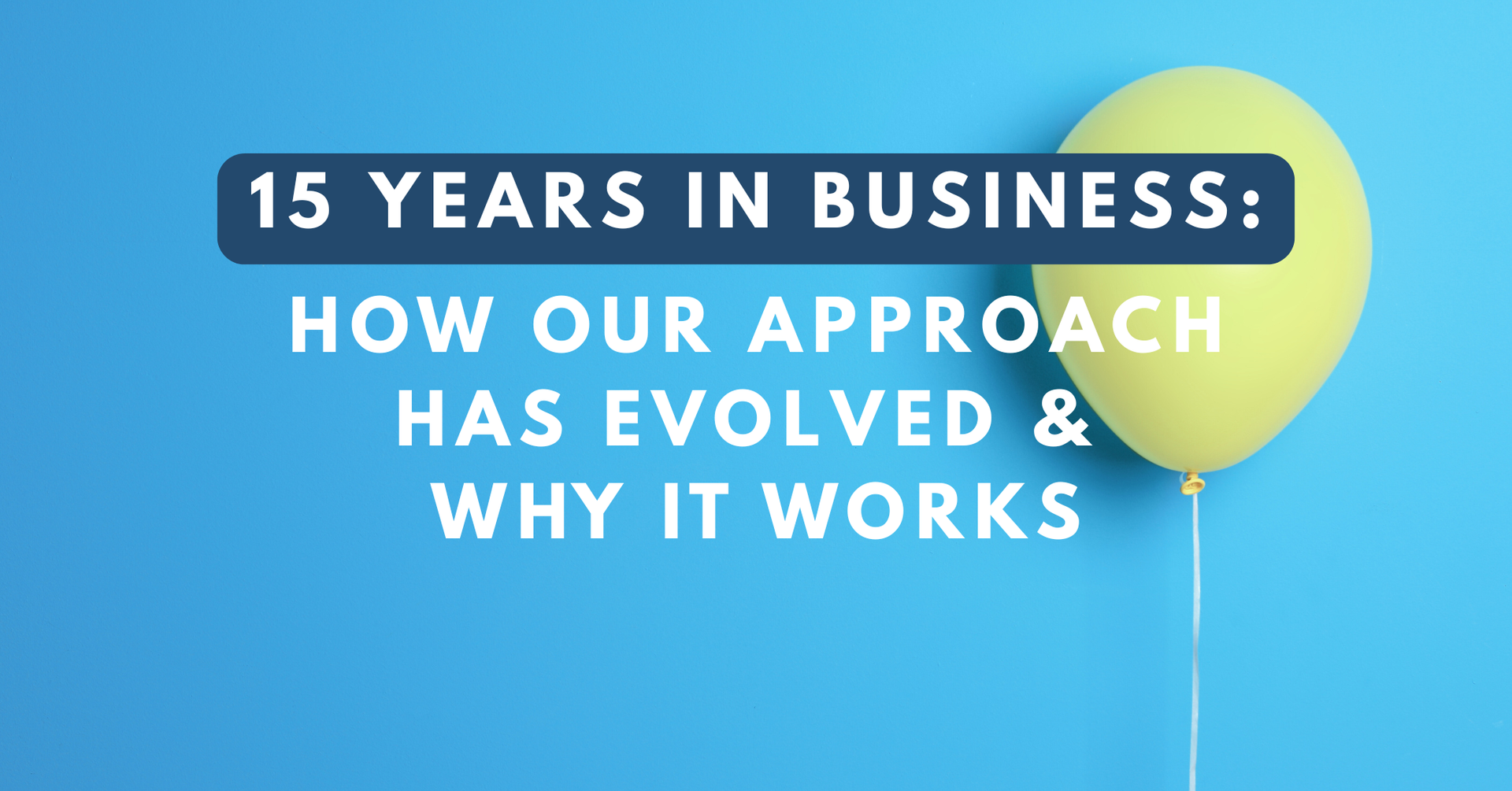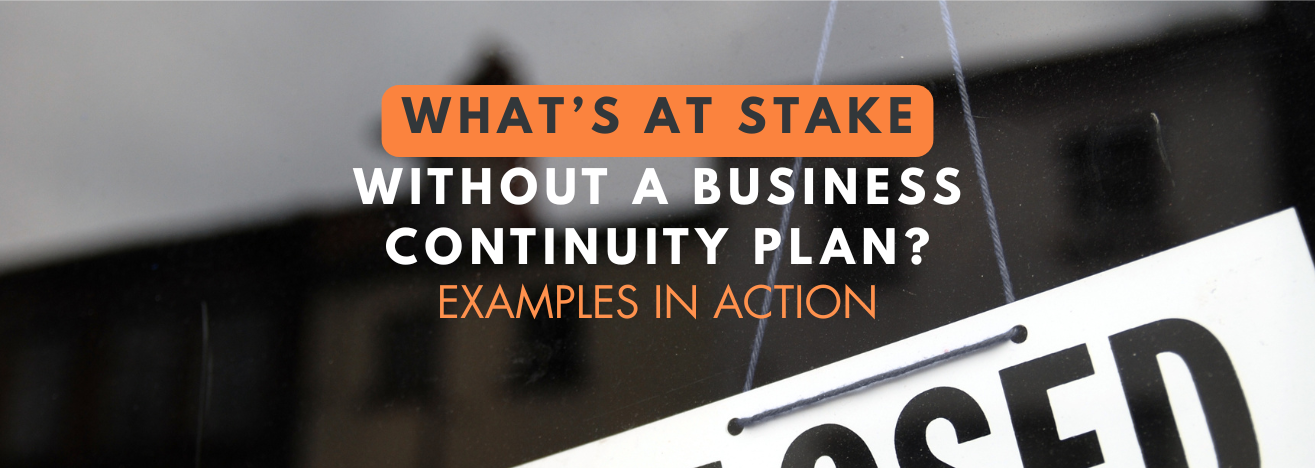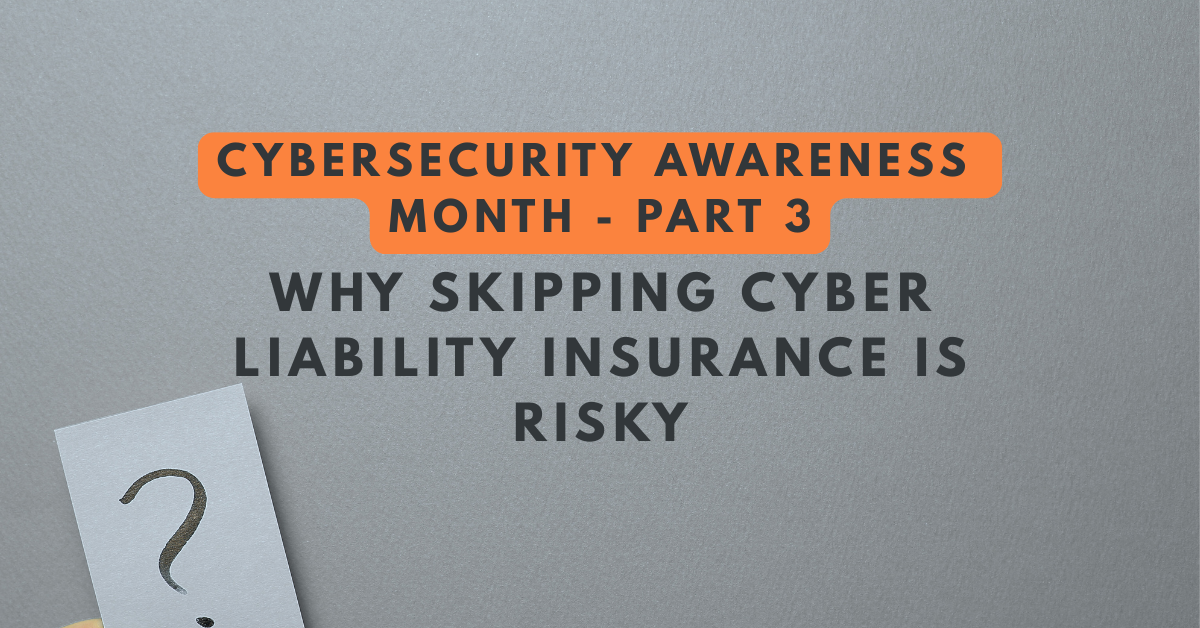How Can Loss Control Audits Improve Your Bottom Line?
See How We're Different
or call us: (858) 384‑1506
What is a Loss Control Audit?
A Loss Control Audit is a process that organizations and insurers can use to evaluate and reduce risks that might lead to potential losses. Risk management professionals carry out these audits and advise on hazards or safety protocols that may need to be improved.
Why might an organization conduct a Loss Control Audit?
1. Your insurance company requires it! When conducting loss control audits for insurance purposes, the auditor assesses the policyholder’s operations and risk management practices to determine appropriate insurance coverage and premiums. A robust risk management program can often lower your organization’s premiums.
2. You want to prevent accidents before they happen. Accidents and injuries can cost you time, money, and resources. Strong safety practices, such as well-developed safety programs, protective footwear, signage indicating risks, safety nets, safety checks, and reports, can help protect your employees and reduce the likelihood of accidents.
3. You have been experiencing an increase in preventable accidents. These accidents can sometimes occur with no apparent cause. A third-party expert can provide an outside perspective to help you identify the source of accidents and solve the problem.
4. You want to ensure that your company meets all compliance requirements. Compliance standards are ever-evolving. When you meet all regulations, you can lower your risk of regulatory penalties, lawsuits, or damage to your reputation.
What happens during a Loss Control Audit?
1. Preparation – This step usually includes scheduling the audit and providing documentation, such as safety procedures, training records or loss history that the audit team will review.
2. Inspection – This takes place on-site at the organization and reviews operations, equipment and potential hazards
3. Risk Assessment – Based on potential hazards identified in the inspection, the audit team assesses the overall effectiveness of their risk management strategies. The team also may conduct interviews with team members.
4. Findings and Recommendations – The audit team will compile their findings and recommendations into a detailed report with suggestions to improve risk management efforts.
5. Plan of Action – Using the audit team’s findings, the organization can develop a plan and a timeline to address the recommendations.
Want to understand better how a loss control audit will work for your organization? Or are you hoping to improve your risk management practices? Contact our team HERE, or complete the below form, and someone will contact you to discuss this further.







